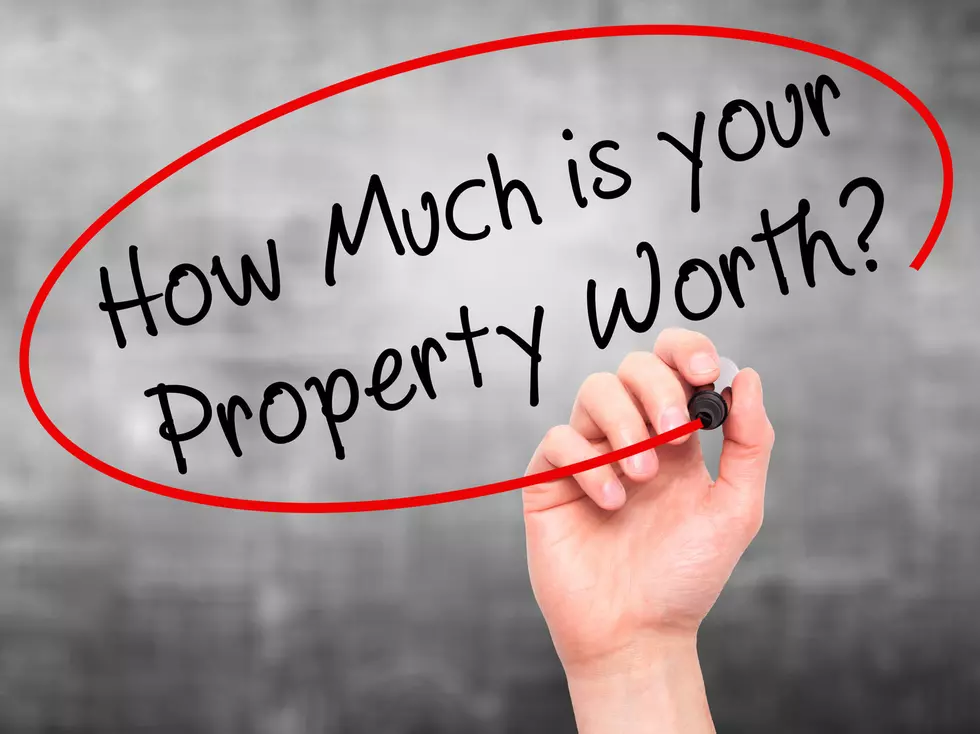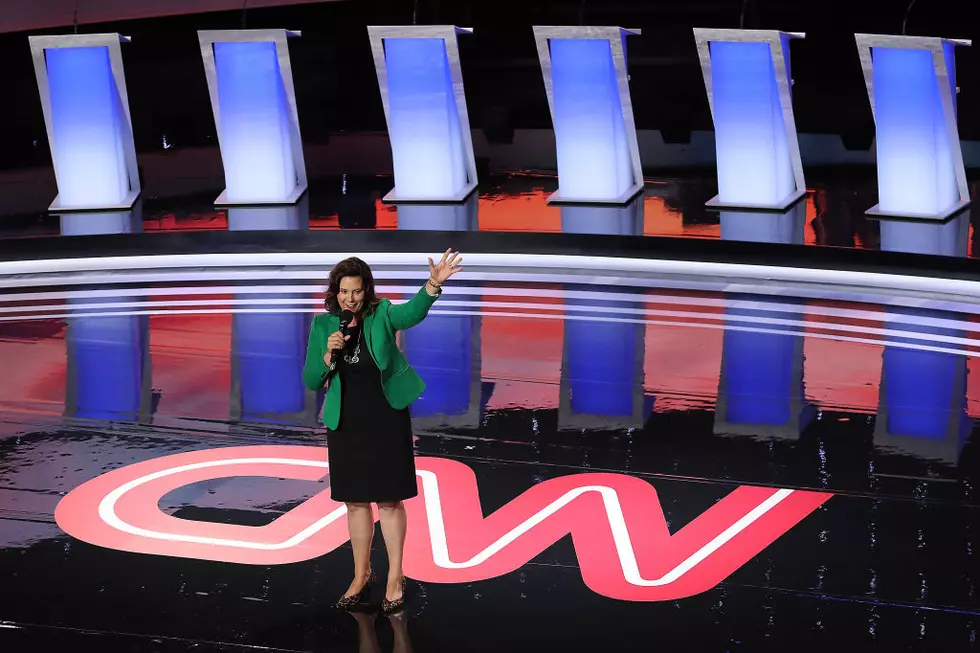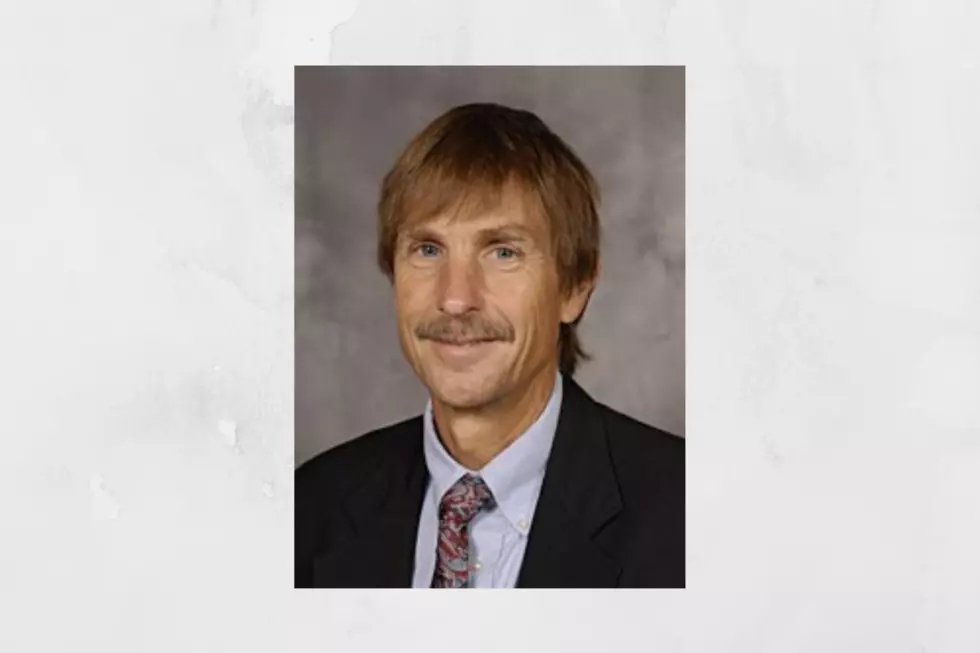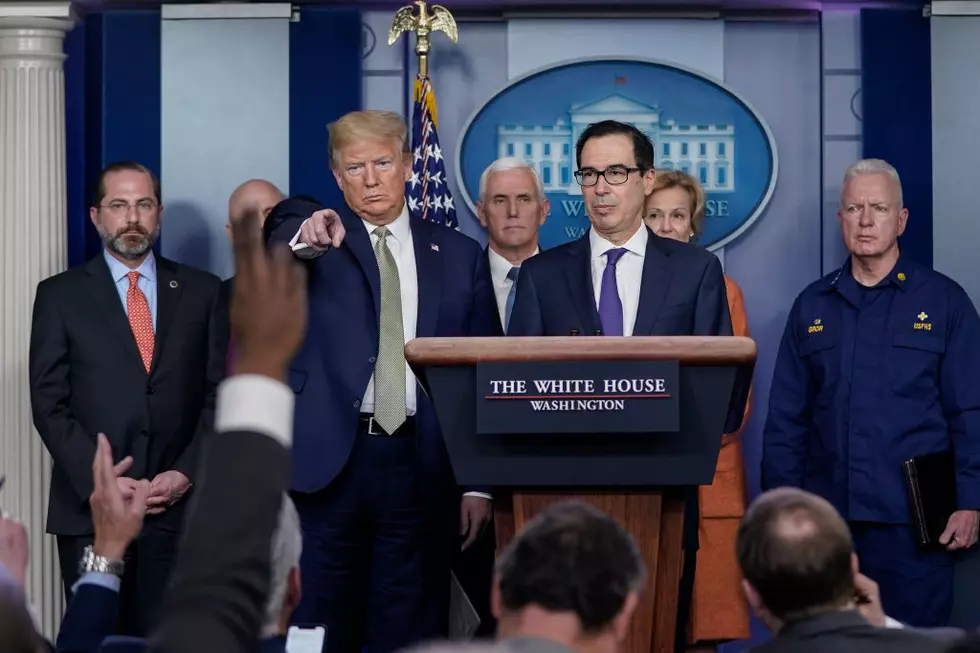
Podcast: Dr. Gary Wolfram; Economist Hillsdale College COVID-19 & The Economy
I spoke with Dr. Gary L. Wolfram, on Tuesday, March 17 to get his thoughts on our economy and the impact of the state demanded closures due to COVID-19.
Dr. Wolfram is the William Simon Professor of Economics and Public Policy, Director of Economics and Professor of Political Economy at Hillsdale College. Dr. Wolfram is also the President of the Hillsdale Policy Group, a consulting firm specializing in taxation and public policy analysis. He is the author of A Capitalist Manifesto: Understanding the Market Economy and Defending Liberty.
We also spoke about the concern of the state government and possible price gouging by stores for products that are in high demand. Part of the reason these products are in high demand is due to hoarding
Concerning the problem of hoarding of products that we have no reason to hoard and what to
Letter: To fight shortages, let prices rise
The Detroit News March 16, 2020
Shelves have emptied across the state and country as nervous Americans stockpile toilet paper, hand sanitizer and other supplies. This kind of panic buying has a certain perverse logic: We would all be better off if everyone bought only enough for their immediate needs, but if we all try to stockpile, we create the very shortage we fear.
As professional economists, we have shocking advice to break this cycle and keep supplies on the shelf: Raise prices on items in high demand. Michigan’s attorney general, by contrast, is worsening shortages by threatening businesses that raise prices more than a modest amount (“Nessel warns Michigan businesses not to price gouge, violate crowd rules,” March 15).
This policy misapplies our moral intuitions and actually harms the public.
One on one, it’s indeed wrong to take advantage of someone’s desperation to drive a hard bargain. In an open market with competition, though, a shortage is telling us that the price needs to be higher for the common good.
Higher prices would induce people to cut back panic buying and leave enough on the shelf for others. Businesses would shift into even higher gear to produce scarce goods.
Though the poor are less able to pay higher prices, guaranteeing empty shelves helps no one. We should instead funnel emergency cash grants to poorer citizens raised by retailers, voluntary organizations, and perhaps state and local government.
This would allow everyone to buy what they need while higher prices worked to both conserve and rapidly increase the supplies available.
Christopher S. Martin, Ph.D.
Charles N. Steele, Ph.D.
Gary L. Wolfram, Ph.D.
Ivan Pongracic Jr., Ph.D.
Michael J. Clark, Ph.D.
The authors are all professors of economics at Hillsdale College.

More From WKMI









